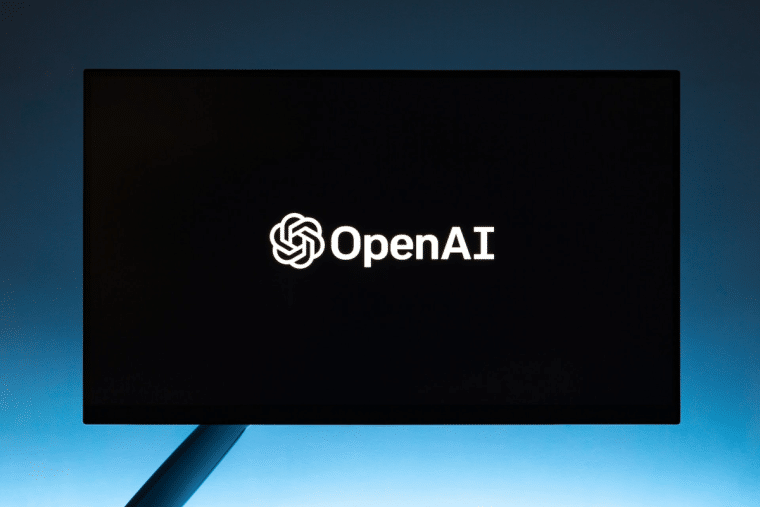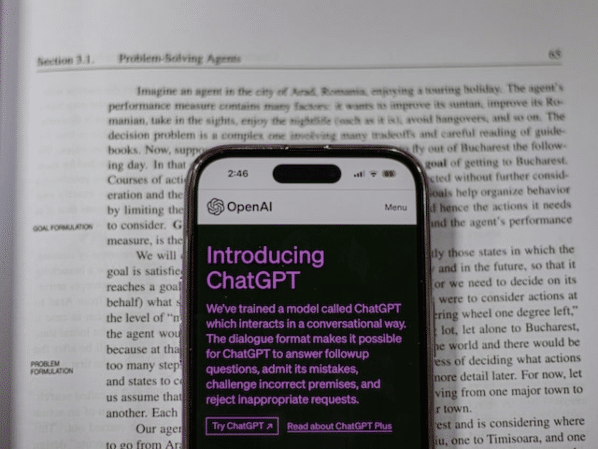
AI regulations are a burning issue for leading economies and digital ministers of G7 nations have agreed to adopt a “risk-based” regulation while preserving an open and enabling environment.
The G7 ministers issued a joint statement after the conclusion of their 2-day meeting in Japan and said that the development of artificial intelligence should be based on democratic values.
Notably, several authoritarian regimes like Iran, China, and North Korea have banned ChatGPT – Italy was an exception to the list but the country has now reversed the ban after OpenAI complied with the regulatory requirements.
Meanwhile, the G7 digital ministers acknowledged that there might not be a common regulatory framework across member countries and said “policy instruments to achieve the common vision and goal of trustworthy AI may vary across G7 members.”
The European Commission has been working on the AI Act for around two years but a sense of urgency now seems to be creeping in – amid the growing popularity – and the multiple concerns associated with generative AI.
The European Parliament has agreed to put the draft to the next stage where member states along with EU lawmakers would draft the final details.

The draft proposes to classify AI tools based on the perceived risk levels ranging from minimal to unacceptable.
- Read our guide on the best AI stocks
Notably, while generative AI looks like the next big thing for the tech industry – which is otherwise battling a terrible slowdown – it has its own share of risks including the ability to increase fraud.
G7 Calls ‘Risk-Based’ AI Regulations
The statement by G7 ministers stated, “We plan to convene future G7 discussions on generative AI which could include topics such as governance, how to safeguard intellectual property rights including copyright, promote transparency, address disinformation.”
Incidentally, lobbying efforts are on in the US to regulate AI. Tech leaders including Elon Musk and Steve Wozniak wrote an open letter in March calling for a pause on AI models more powerful than GPT-4.
Earlier this week Musk also met Senate Majority Leader Chuck Schumer and other US lawmakers to discuss AI regulations.
The billionaire tweeted, “That which affects safety of the public has, over time, become regulated to ensure that companies do not cut corners. AI has great power to do good and evil. Better the former.”
Tech Companies See a Massive Opportunity in Artificial Intelligence
Tech companies meanwhile see a massive opportunity in generative AI– so do investors who have been pouring money into companies that are seen as a play on the industry.
Nvidia is a case in point and the stock is the best-performing S&P 500 stock this year – at least in part because markets see its chips as key to the AI ecosystem.
- Read our guide on the best AI crypto projects
Meanwhile, when it comes to AI regulations, the Western world has several considerations in mind ranging from copyright issues, privacy, and disinformation – as well as the possible impact on jobs.
The G7 communication shows that the world’s largest economies are now getting serious about regulating AI and sooner than later we might see some regulatory framework.
Related stock news and analysis
- Best Stock Trading Platforms to Watch in 2023
- SpaceX: Elon Musk Expects Next Starship Rocket to Reach Orbit
- How to Buy Bitcoin – Beginner’s Guide
What's the Best Crypto to Buy Now?
- B2C Listed the Top Rated Cryptocurrencies for 2023
- Get Early Access to Presales & Private Sales
- KYC Verified & Audited, Public Teams
- Most Voted for Tokens on CoinSniper
- Upcoming Listings on Exchanges, NFT Drops